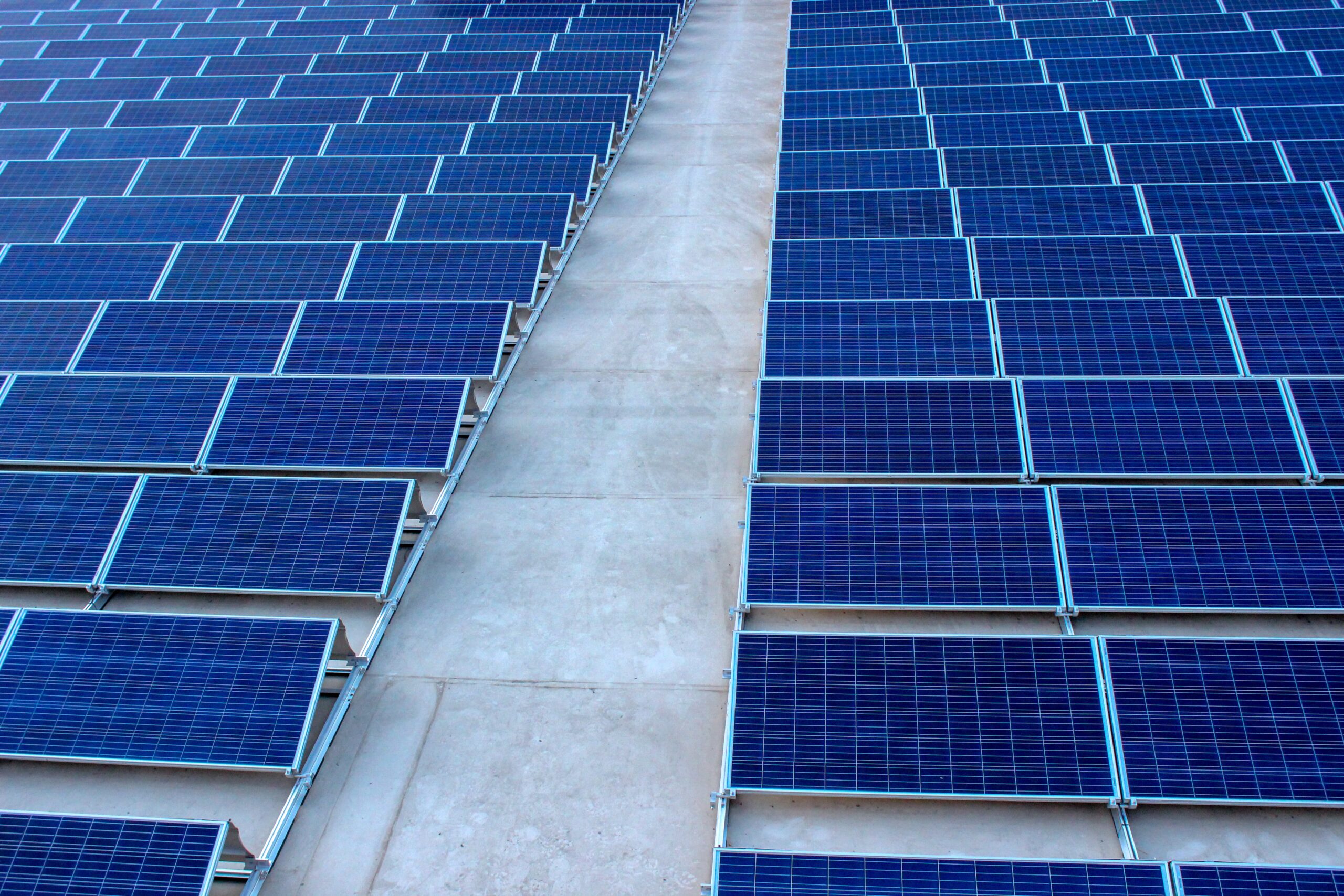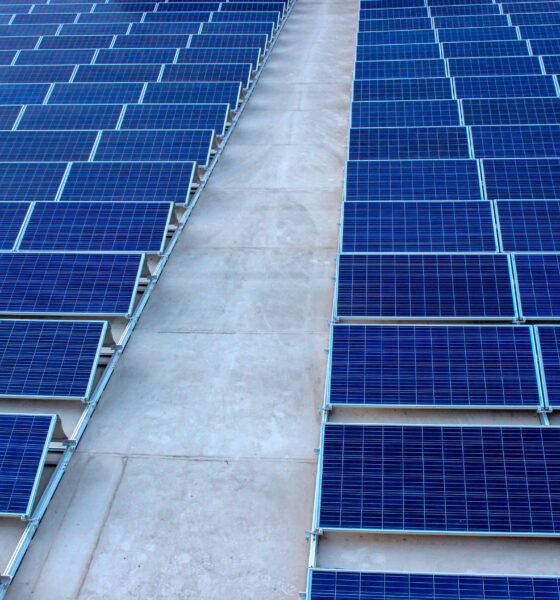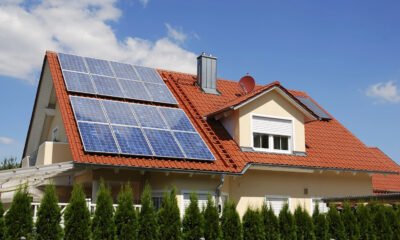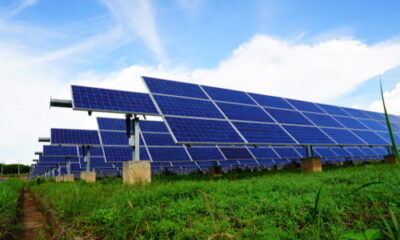

Energy
The Perplexing Truth About Sweden’s Growing Solar Energy Industry
Renewable energy sources are on the rise in Sweden. The country and its inhabitants understand the importance of protecting the environment and its precious resources. As a result, they’ve turned away so from harmful alternatives while sticking with renewable sources.
This is great news. The International Renewable Energy Agency states that Sweden plans to rely on 100% renewable energy by 2040. Their current investments in solar energy are helping them meet this goal.
Sweden is one of the few countries that has combined high-energy consumption with incredibly low carbon emissions. There are various forms of renewable energy including water, wind, and sun. These sources are replenished through a natural process ensuring they’ll last a lifetime. Within this guide, you’re going to learn more about solar energy use in Sweden.
Climbing Higher
The renewable share of total energy consumption in Sweden has climbed higher. In 1990, it was only 33%. Today, the number is significantly higher at 54.6%. The government has passed new environmental policies to achieve these goals. The government’s policies promote the use of renewable energy. To qualify for the Electricity Certificate System, electricity needs to come from some type of renewable source whether it is the wind, solar, wave power, or others.
Electricity retailers must buy a portion of green electricity along with their normal supply. Power products will receive the certifications for generating renewable energy.
Lower Emissions
Many people in Sweden are taking advantage of incentives, such as reduced prices on solar energy offered by the Swedish government. As a result, the country’s consumption has climbed higher but the emissions have dropped lower. Sweden consumes more energy per capita than a lot of countries. Nevertheless, its carbon emissions are lower than the others. On average, an American will release four times the carbon dioxide each year as a Swede. Suffice to say, Swedish residents have done exceptionally well to protect their country.
Much of this has to do with the fact that 80% of electricity production in the country comes from hydroelectric and nuclear power. Furthermore, 12% comes from wind. Solar energy is growing in the country too.
Solar Energy In Sweden
In Sweden, the solar cell market is limited but growing rapidly. With recent government funding, it has grown significantly faster. In 2017, it was estimated that the total installed solar capacity was 231 MW, according to data from the Swedish website SolcellsOfferter. This is changing quickly as consumers decide to take advantage of solar energy. There is a good chance that solar energy will take over and become more popular than other renewable sources.
Future Depletion
The biggest issues humans are facing today when it comes to fossil fuels is depletion. If you rely solely on one type of fossil fuel for energy, your stockpile will eventually deplete to nothing. This can never be said about solar energy. Unless the sun becomes extinct, there will be plenty of solar energy to go around the world forever.
Cost-Efficient
One of the main reasons why humans are turning to solar energy is to save money. The biggest expense when it comes to setting up a solar energy system in your home or business will always be solar panels. For a small home, a solar energy system could cost anywhere between $11,000 and $24,000. It really depends on the number of solar panels you need.
Rechargeable batteries are another great expense. Depending on the size of your solar system, it may be necessary to purchase more than one rechargeable battery. A single battery for a solar application could set you back $1,000 or more. And, this is not to mention the fact that these components rarely last longer than three years. If you get three years out of your rechargeable battery, you should count yourself lucky.
Sweden is Depending on Solar Energy More than Ever
Solar energy is revolutionizing the energy industry in Sweden. The country is going to be using it as it focuses on reaching its sustainability targets in the months to come. This is welcome news for eco-friendly activists in the small Scandanavian country.


 Environment12 months ago
Environment12 months agoAre Polymer Banknotes: an Eco-Friendly Trend or a Groundswell?

 Features11 months ago
Features11 months agoEco-Friendly Cryptocurrencies: Sustainable Investment Choices

 Features12 months ago
Features12 months agoEco-Friendly Crypto Traders Must Find the Right Exchange

 Energy11 months ago
Energy11 months agoThe Growing Role of Solar Panels in Ireland’s Energy Future





























